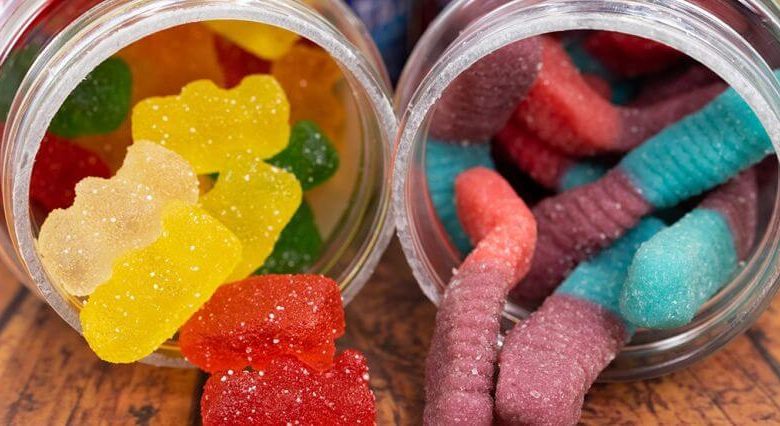The Legal Landscape: Delta 8 Edibles and Regulations

Delta 8 THC has gained significant attention in recent years for its potential therapeutic benefits and recreational use. As a derivative of hemp, it falls into a legal gray area that has left regulators, consumers, and businesses navigating a complex landscape of rules and regulations. This article will explore the evolving legal landscape surrounding Delta 8 edibles, from its origins to the current state of affairs. Websites like ‘https://gettotext.com/savoring-the-goodness-of-delta-8-edibles/‘ offer valuable insights into the world of Delta 8 edibles, providing readers with in-depth information on their benefits and usage. These online resources serve as valuable references for those seeking a deeper understanding of this evolving landscape and its legal implications. Exploring websites like this one can help consumers and businesses navigate the complex regulations surrounding Delta 8 THC products.
The Rise of Delta 8 Edibles
Delta 8 THC, a derivative of hemp, has gained significant attention for its potential therapeutic benefits and recreational use. It occupies a legal gray area, posing challenges for regulators, consumers, and businesses alike. Delta 8 edibles, available in various forms like gummies and chocolates, have become increasingly popular due to their mild psychoactive effects, making them appealing for relaxation or mild discomfort relief. This popularity has prompted a surge in the Delta 8 product market, drawing the attention of both consumers and regulators.
The Legal Quandary
The primary challenge surrounding Delta 8 THC revolves around its ambiguous legal status at both the federal and state levels. While the 2018 Farm Bill legalized hemp-derived products with less than 0.3% Delta 9 THC, it did not explicitly address Delta 8 THC. Consequently, interpretations and regulations vary across the United States. Some states adopt lenient approaches, allowing Delta 8 product sales with minimal restrictions, while others impose strict regulations or outright bans. This patchwork of state laws has created a complex and confusing landscape for stakeholders.
Regulatory Concerns
The rapid proliferation of Delta 8 edibles has raised regulatory concerns, particularly regarding production and quality control. Delta 8 can be synthesized from hemp-derived CBD, prompting product purity and safety concerns. Inadequate regulation may expose consumers to impurities or inaccurately labeled products. Additionally, marketing strategies, such as colorful packaging and enticing flavors, have raised concerns about the accessibility of Delta 8 products to minors. Regulators grapple with the challenge of balancing adult access and youth protection.
Federal Responses
In response to the legal ambiguity surrounding Delta 8 THC, federal agencies have taken steps to address the issue. In 2020, the Drug Enforcement Administration (DEA) issued an interim final rule seeking to classify all synthetically derived tetrahydrocannabinols, including Delta 8 THC, as controlled substances. However, this rule encountered resistance from the hemp industry and lawmakers, leading to calls for a more comprehensive regulatory framework. In June 2021, the United States Senate introduced the Hemp Access and Consumer Safety Act, which aims to establish clearer guidelines for the regulation of hemp-derived products, including Delta 8 THC. The proposed legislation includes provisions for potency limits, third-party testing, and labeling requirements. Despite progress, this bill has not yet become law.
Consumer Considerations
Amidst the evolving legal landscape, consumers must exercise caution and diligence when purchasing and using Delta 8 edibles. Researching local laws and regulations is essential to ensure compliance. Consumers should also seek reputable brands that conduct third-party testing to verify product quality and purity. Staying informed and engaged in the ongoing dialogue surrounding Delta 8 THC is crucial for both consumers and businesses.
Conclusion
The legal landscape surrounding Delta 8 edibles remains complex and dynamic. While the popularity of these products continues to grow, the need for clear and consistent regulations becomes increasingly apparent. As federal and state governments grapple with this issue, responsible consumption and thoughtful regulation are key to realizing the potential benefits of Delta 8 edibles while mitigating associated risks.






